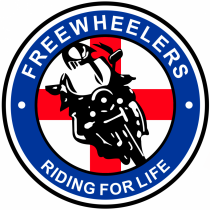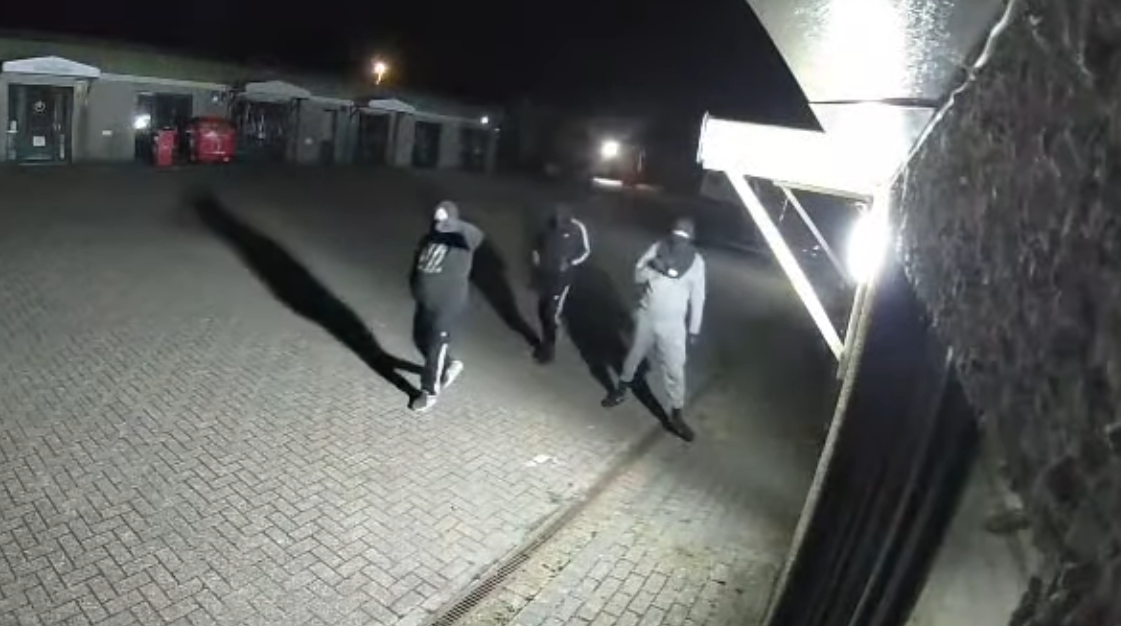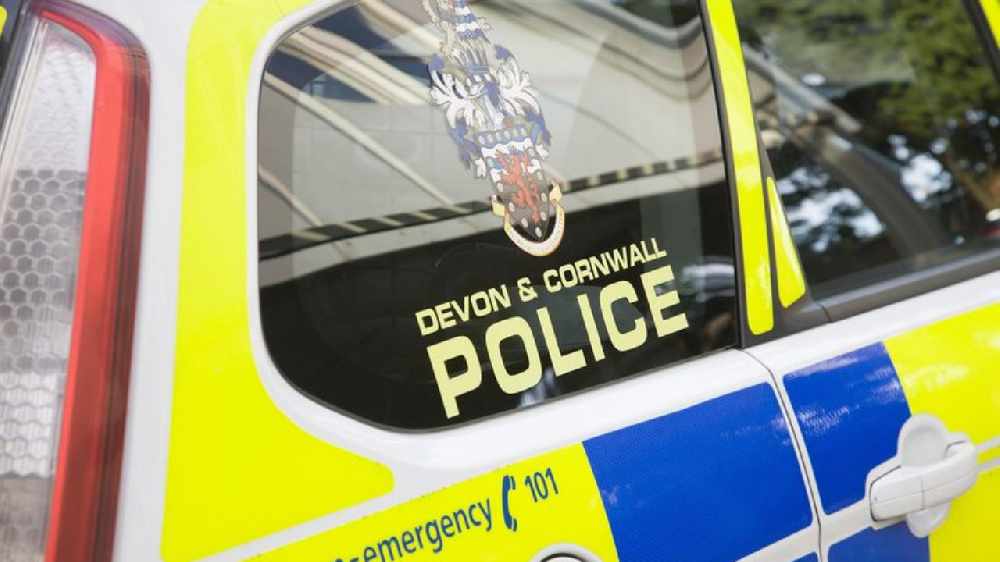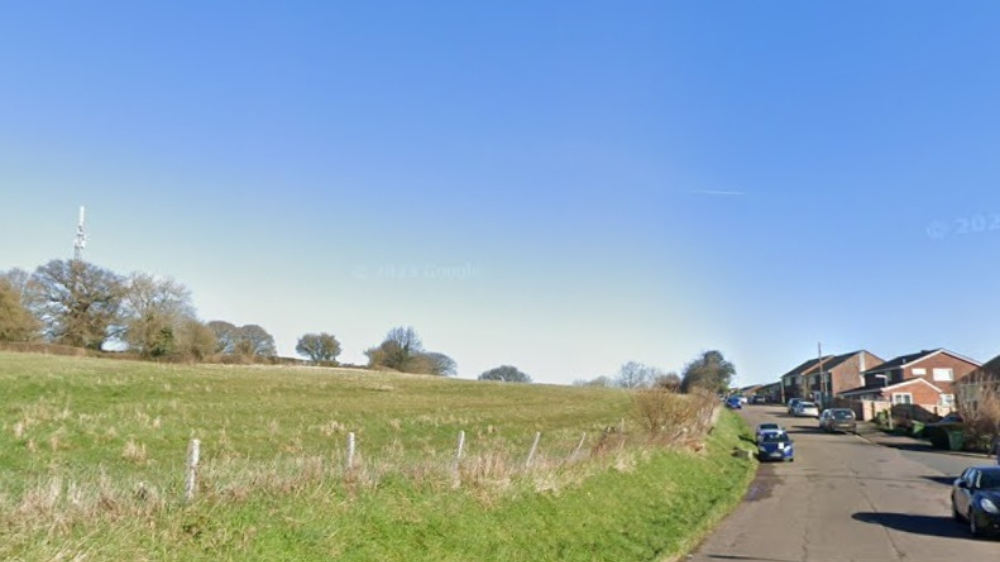
Freewheelers rated inadequate
A famous Devon charity has been suspended from operating patient transport services after the Care Quality Commission found serious concerns during a recent inspection.
The CQC rated Devon Freewheelers patient transport services inadequate overall and inadequate for being safe, effective, responsive and well-led. Also known as Devon Bloodbikes, the charity's other services aren't affected as they are not regulated by the CQC.
This was the first inspection of the Freewheelers' patient transport service since it registered with CQC in February 2020. The charity's now cancelled its registration so will no longer provide the service. It says it hasn't been running it since January because it didn't have sufficient qualified people to operate it, and that patient transport services account for just five per cent of its activities. They say an: "administrative error meant CQC ignored all required documents, policies, reports and procedures held by Devon Freewheelers."
Cath Campbell, CQC’s head of hospital inspection, said: “After inspecting Devon Freewheelers, we took the decision to urgently suspend the patient transport service operation because we believed that people may be exposed to the risk of harm if we did not take urgent action.
“One of the most concerning aspects of our inspection was that we found the patient transport service was offering care and treatment outside the scope of its registration. For example, we found that patients had been given emergency oxygen by staff who did not always have the training or competencies to do so. It is really important that the correct procedures are followed when giving oxygen to patients to prevent people from coming to harm.
“We also found oxygen cylinders were stored unsafely, close to a fuel tank, carrying the risk that a vehicle engine or hot exhaust could ignite the cylinders. And we observed staff smoking next to a vehicle in which oxygen was stored, which is clearly a fire risk.
CQC inspectors rated the patient transport service as inadequate for the following reasons:
- Leaders did not have the skills or knowledge to run their service. During the recruitment of senior staff with directorship responsibilities, information was not obtained to demonstrate they were fit and proper persons to oversee the running of the service.
- Staff did not have the necessary recruitment checks to ensure they were safe to work with patients.
- Managers did not monitor the effectiveness of the service. Staff were not appraised and did not have access to ongoing training programmes based on their need to develop their individual skills. There was no induction programme to guide staff and support them when starting work for this service.
- Staff were not assessed for their competency to undertake their role and they did not have access to any guidance on how to support patients to make decisions about their care. Staff did not consider patients’ individual needs or provide any aids to assist them.
- Patient safety was not well managed. Patients' records lacked details about their needs and no assessments were carried out to determine any risks during transfer. Staff did not collect safety information to improve the service. Staff reports were incomplete, and these were not reviewed by senior staff to see if any lessons needed to be learned and shared with staff.
- Staff had no training on how to protect patients from abuse.
- Patient transport vehicles, and some of the equipment stored on them, were not clean and stored safely, and there were no warning signs to identify risks to staff and visitors. In one of the patient transport vehicles, inspectors found a dried substance on top of a suction machine, and there were brown marks on the side of a stretcher trolley.
- The provider did not have valid insurance cover.
- There were out-of-date oxygen and Entonox cylinders in the storage area which could easily have been used by staff by mistake. (Entonox is a medical gas used to help patients manage pain).
- The provider had not reported an outbreak of covid to the health and safety executive as required.
- There was no procedure or policy for patients or their family/carers to make a complaint about the service.
Devon Freenwheelers says they immediately reported a covid outbreak to the NHS Trust to which it was contracted, liaised with Public Health England from the outset, but was never informed it must notify the Health and Safety Executive. They say oxygen cylinder and Entonox was not Devon Freewheelers property and was awaiting collection by an external third-party provider, and never for use by Devon Freewheelers. They also say their vehicles are insured and they proved the fault lay with insurance underwriters. Moreover, an external review by a fire safety officer found fully-compliant gas cage and no risk posed by the location of motorbike and oxygen storage.
They say that their 23-page rebuttal of the CQC report has been ignored.
 Police appeal following Yelverton burglaries
Police appeal following Yelverton burglaries
 Liverpool football star Diogo Jota killed in car crash
Liverpool football star Diogo Jota killed in car crash
 Moped rider detained after collision with walker
Moped rider detained after collision with walker
 AI helps council fast-track housing plan
AI helps council fast-track housing plan
 Devon tree “blocking out the sky" causes row
Devon tree “blocking out the sky" causes row
 Affordable focus for new Exeter homes
Affordable focus for new Exeter homes
